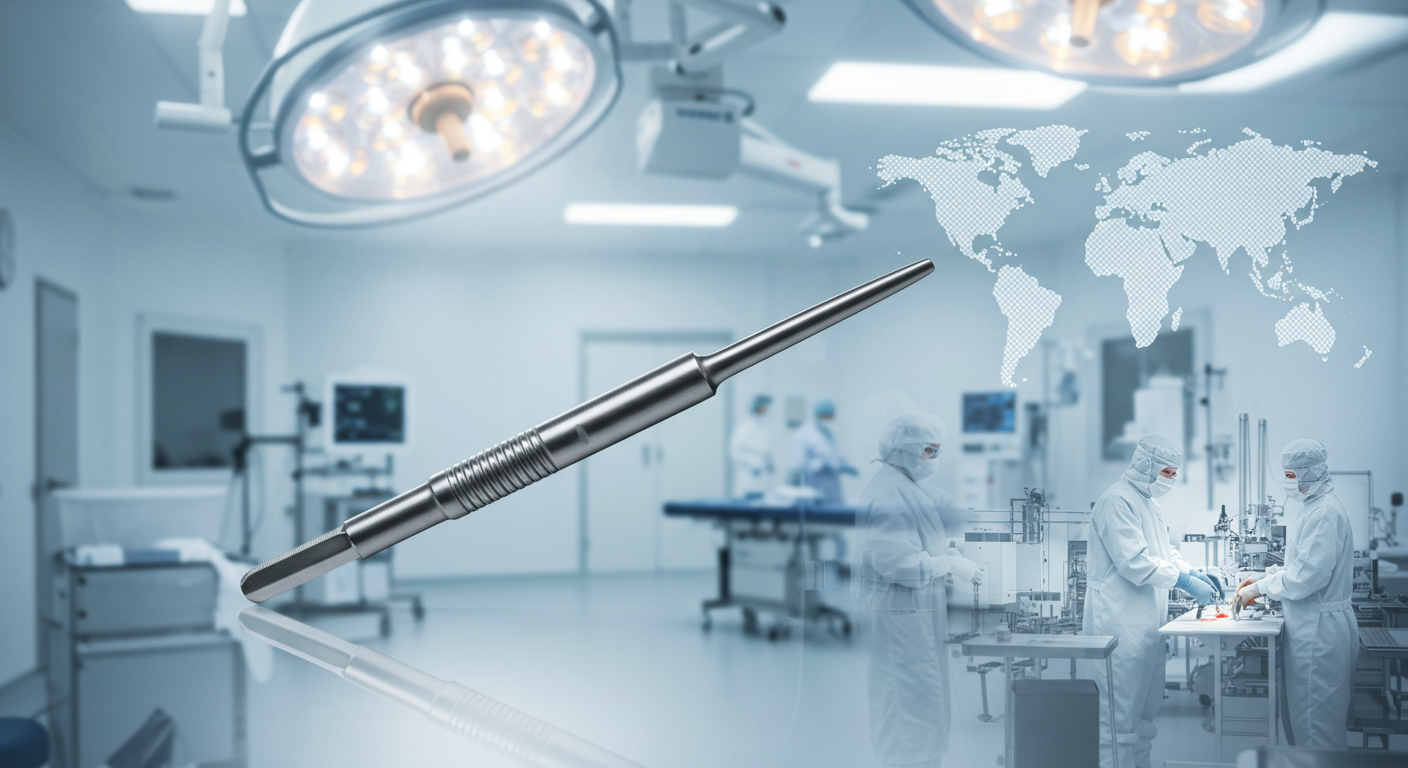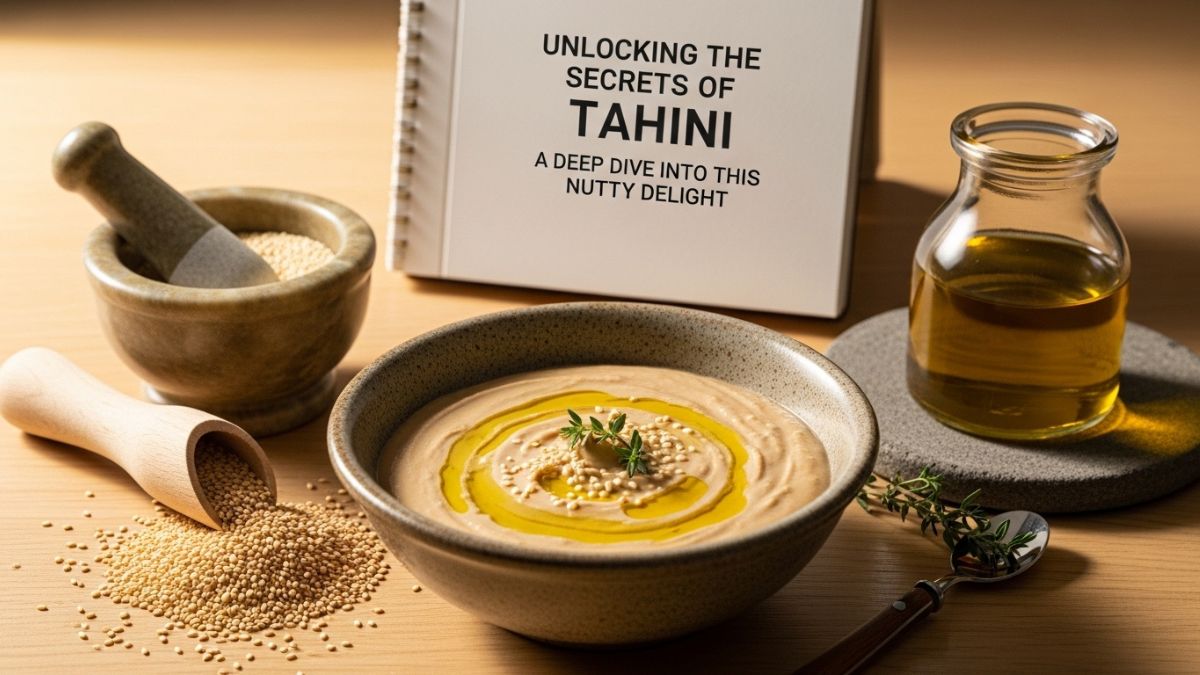In every operating room across the world, there are a few instruments so essential that their absence could halt a surgery altogether. One such instrument is the hemostat clamp — a simple yet powerful tool that plays a critical role in controlling bleeding and maintaining surgical precision. Often overlooked by patients and even general healthcare observers, this instrument is a staple for surgeons across all disciplines.
But beyond its medical importance lies another story: the craftsmanship and manufacturing expertise behind such tools. Increasingly, healthcare providers and distributors are turning to surgical instruments manufacturers in Pakistan to supply these vital instruments with uncompromising quality and affordability.
Understanding the Hemostat Clamp: Purpose and Design
The hemostat clamp is primarily designed to control bleeding during surgical procedures. It works by clamping blood vessels or tissues to stop or slow down the flow of blood. Most hemostats feature a ratchet mechanism that allows the clamp to lock into place, keeping the vessel secured without requiring continuous pressure from the surgeon.
Common features of a hemostat clamp include:
- Stainless steel construction for durability and resistance to corrosion
- Curved or straight jaws to adapt to various surgical needs
- Serrated tips for a secure grip on tissue or vessels
- Locking ratchets that enable hands-free operation
The clamp is used not only to stop bleeding but also for holding tissue, guiding sutures, or dissecting delicate structures. This makes it a multipurpose tool in surgeries ranging from general and orthopedic to gynecological and cardiovascular.
Different Types of Hemostat Clamps
There are several variations of hemostat clamps designed for specific tasks and surgical settings. These include:
- Mosquito Hemostat: Small, precise, and ideal for clamping tiny vessels
- Kelly Hemostat: A versatile tool used in many general surgeries
- Crile Hemostat: Similar to Kelly but with full-serrated jaws for a stronger grip
- Rochester-Pean Clamp: Larger and more robust, used for clamping larger vessels or tissue bundles
Each type serves a unique function, and choosing the correct one is essential for surgical efficiency and patient safety.
Why Quality Is Non-Negotiable in Surgical Tools
Surgical instruments, particularly those like hemostats that come into direct contact with blood vessels, must be manufactured to the highest standards. Any defect — whether it’s poor alignment, weak locking mechanisms, or substandard materials — can lead to complications during surgery.
Sterilization is another key consideration. Instruments must be able to withstand repeated autoclaving without degrading in performance or safety. This is where precision engineering and quality control become vital — not just in design but in sourcing, forging, finishing, and packaging.
This is also why the healthcare industry places so much importance on working with certified and experienced manufacturers.
The Rise of Surgical Instruments Manufacturers in Pakistan
Pakistan, and more specifically the city of Sialkot, has emerged as a global hub for the manufacturing of surgical instruments. The industry has decades of experience and a reputation for producing tools that meet or exceed international standards, including ISO 13485, CE Mark, and FDA requirements.
What sets surgical instruments manufacturers in Pakistan apart?
- Skilled Craftsmanship: Generations of skilled laborers trained in the art of instrument making
- Advanced Facilities: Many manufacturers now operate in ISO-certified environments with modern CNC machinery
- Global Export Reach: Instruments are exported to the U.S., Europe, the Middle East, and Asia
- Competitive Pricing: High-quality tools at a fraction of the cost compared to Western manufacturers
- Customization Capabilities: Ability to manufacture according to customer specifications and branding
Manufacturers in Pakistan supply everything from basic tools like scalpels and scissors to complex devices like orthopedic sets, microsurgical tools, and of course, the hemostat clamp.
Hemostat Clamps Made in Pakistan: Meeting Global Demand
Many of the world’s top hospitals, distributors, and private label brands source their hemostat clamp supplies from Pakistani manufacturers. These manufacturers offer:
- Diverse Product Ranges: From small mosquito clamps to heavy-duty vascular hemostats
- Durable Materials: Surgical-grade stainless steel (often 420 or 410)
- Custom Branding: OEM services for healthcare companies and suppliers
- Consistent Quality Control: From raw material testing to final inspections
With rising global demand for reliable surgical instruments, Pakistan’s role in the supply chain has never been more vital. Whether it’s a large hospital in Europe or a surgical kit supplier in Africa, clients continue to trust Pakistani manufacturers for timely delivery, quality assurance, and ethical business practices.
Final Thoughts
The hemostat clamp is more than just a tool — it’s a lifeline in the operating room. Its ability to control bleeding, hold tissue, and assist in critical maneuvers makes it an irreplaceable component of surgical practice. But behind the effectiveness of each clamp lies a network of skilled manufacturers ensuring it performs flawlessly every time.
For healthcare providers and distributors looking for quality, consistency, and value, surgical instruments manufacturers in Pakistan remain a top choice. Their commitment to craftsmanship, innovation, and customer satisfaction continues to power surgeries and save lives across the globe.















